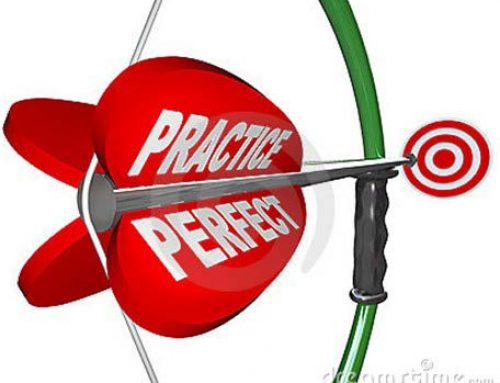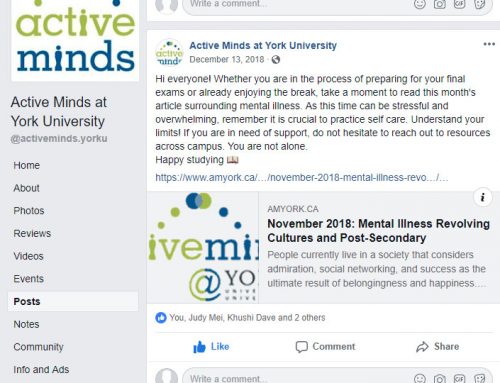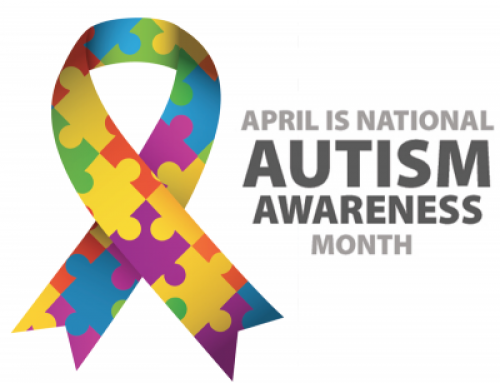It’s September which means for many people 25 and under that it’s back to school. Regardless of your opinion on school, it can be stressful even if you are in a major you love, have a supportive friend group and extracurricular activities that inspire you. Stress can sneak up on an individual in insidious ways. Being stressed out isn’t always pulling hair out, 4 coffees a day and being the most irritable person in the room (although it can be that in many cases). Stress can take more subtle routes than just physical symptoms of stress. Physical symptoms can include: upset stomach, nausea, insomnia and generalized aches and pains in ones muscles. Many times people suffer from health problems such as muscle pains and aches. When they visit their healthcare provider, there may be no physical origin for this. Much of the time it is stress which causes these physical symptoms that we do not associate with stress but associate with other things such as carrying heavy backpacks or playing sports. A common symptom of this is when an individual is overly stressed in these facets it can manifest physically as weight gain, yet many times people attribute these symptoms to other various external causes. Therefore the origin of their problem which may be stress related isn’t addressed. This usually a phenomena in students known as the “Freshman 15” which is the term used when people begin University, they usually gain weight. Many people attribute this to fast food options being readily available, not having enough time to cook or cooking just not being convenient (pots, plates and a chef knife isn’t always feasible on a student budget).
However, the effects of cortisol, the hormone that is released by the adrenal gland when people are experiencing stress (and anger) is released at high levels during these periods. Initially, cortisol has an activating effect which makes people more alert, energetic and physical. It is similar to the “fight or flight” response. However, when high levels of cortisol are being released daily, the body cannot handle that. The body is exhausted from being in an “alert” stage and becomes internally fatigued. So,, the cortisol tells the body to store more energy since the body believes it should be in this “emergency” stage so the body should store energy as a reaction to this emergency stage.
Accompanying physical stress symptoms there can also emotional and psychological stress symptoms. These can include: general unhappiness, irritability, moodiness usually manifested as anger, apathy, loosing interest in things you used to enjoy, and feeling tense/on edge daily. If you are noticing that you become angry more easily or that you are not feeling as engaged in what you are experiencing anymore, these may be red flags. Know that although school is important, your relationships with others and your own mental health is just as important. Great, free ways to reduce stress are: nature walks, playing with your pet/animals, and listening to music. Tait Mackenzie is only $15 a year. Have a great September and remember that it is okay to ask for help.



























